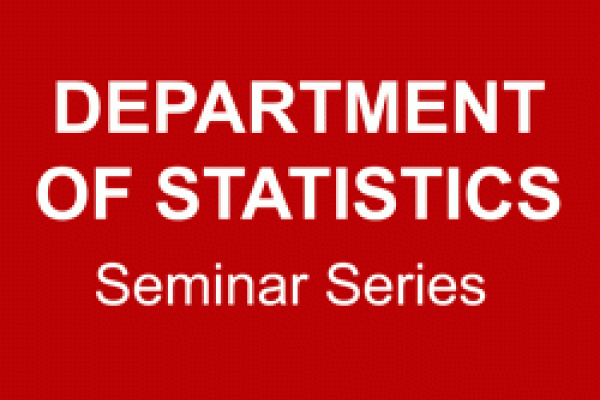
Title
The Secret Life of Linear Methods: Why they work, do not work and can be made to work
Speaker
Aleix Martinez, The Ohio State University
Abstract
Many problems in the cognitive sciences and engineering can be formulated as a pattern recognition one. In such problems, linear methods are preferred for their simplicity and tractability. Unfortunately, linear methods have many limitations, of which several are still unknown. Understanding these limitations is a key to advancing the current state of the art. In this talk, we will address these issues within the context of feature extraction and classification. We will define when linear feature extraction methods do not work and how this knowledge can be used to propose algorithms that are guaranteed to work in a large number of applications. Several results in vision, linguistics, and the modeling of the primary visual cortex will be provided. Time permitting, we will sketch the problem posed by classical normalization procedures. In particular, that of norm normalization, generally used to make texture invariant to the intensity of the light source, shape to scale and rotation, and for modeling mtDNA in genetics. Open problems will be outlined during the course of the talk.
Aleix M. Martinez is an assistant professor in the Department of Electrical and Computer Engineering at The Ohio State University, where he is the founder and director of the Computational Biology and Cognitive Science Lab. He is also affiliated with the Department of Biomedical Engineering and to the Center for Cognitive Science. Prior to joining Ohio State, he was affiliated with the Electrical and Computer Engineering Department at Purdue University and with the Sony Computer Science Lab. He has organized, chaired or been part of the program committee of several major conferences and workshops, and currently serves as an associate editor of IEEE Transactions on Pattern Analysis and Machine Intelligence. His areas of interest are learning, vision, linguistics and their interaction.
Meet the speaker in Room 212 Cockins Hall at 4:30 p.m. Refreshments will be served.
